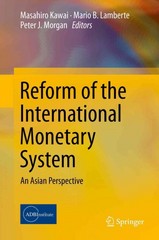Question
Three game theory students are having a disagreement about 2x2 simultaneous move, discrete action, zero-sum games without a pure-strategy Nash equilibrium and what will happen
Three game theory students are having a disagreement about 2x2 simultaneous move, discrete action, zero-sum games without a pure-strategy Nash equilibrium and what will happen if the game is made a sequential move game instead. Ryan thinks the game will have a second-mover advantage. Bob thinks the game will have a first-mover advantage. John thinks we do not have enough information to determine if the game will have a first-mover advantage, a second-mover advantage, or neither. Is any student entirely correct? Provide a discussion of each student's mistake, if any.
Next, if any 2x2 simultaneous move, discrete action game has 1 pure strategy Nash equilibrium and the same 3 students held the same views as in the case above for when the game is made a sequential move game, would your answer change at all? Again, provide a detailed explanation as to why your answer did or did not change.
Lastly, is it possible for a 3x3 sequential move, discrete action game (with 1 pure strategy Nash equilibrium in the simultaneous move version of the game) to have both players prefer the same player move first in the sequential move version of the game? If so, what would be required for that to occur? Can you provide an example of a game like that? If not, explain why it is not possible.
Step by Step Solution
There are 3 Steps involved in it
Step: 1

Get Instant Access to Expert-Tailored Solutions
See step-by-step solutions with expert insights and AI powered tools for academic success
Step: 2

Step: 3

Ace Your Homework with AI
Get the answers you need in no time with our AI-driven, step-by-step assistance
Get Started


